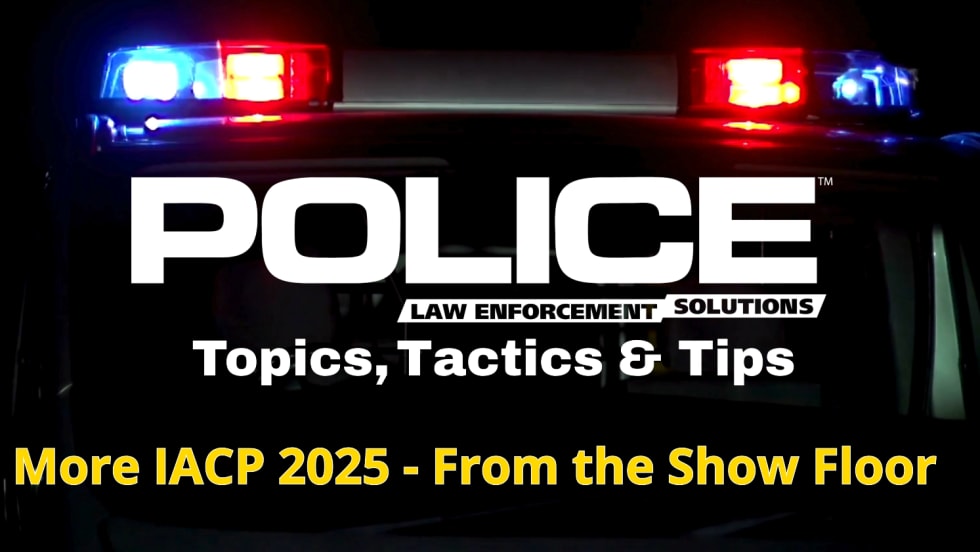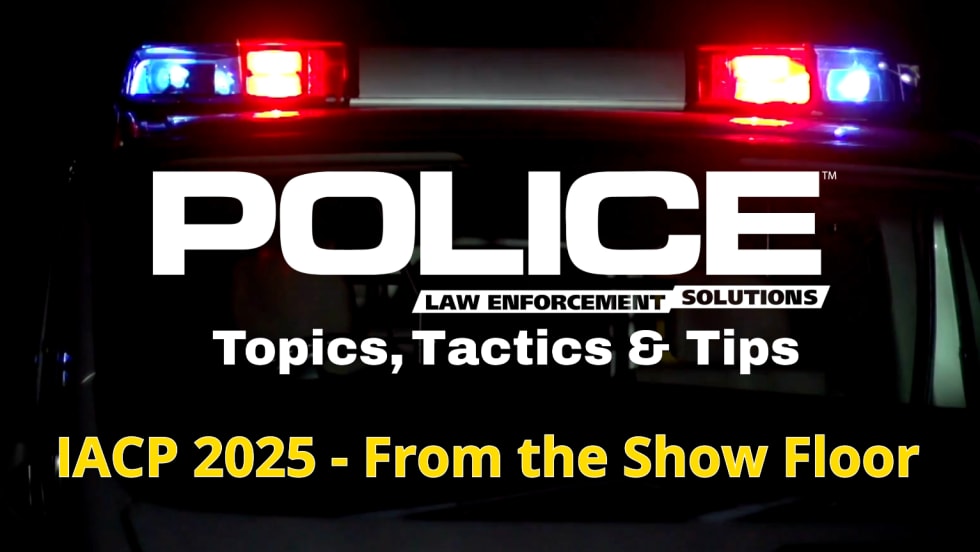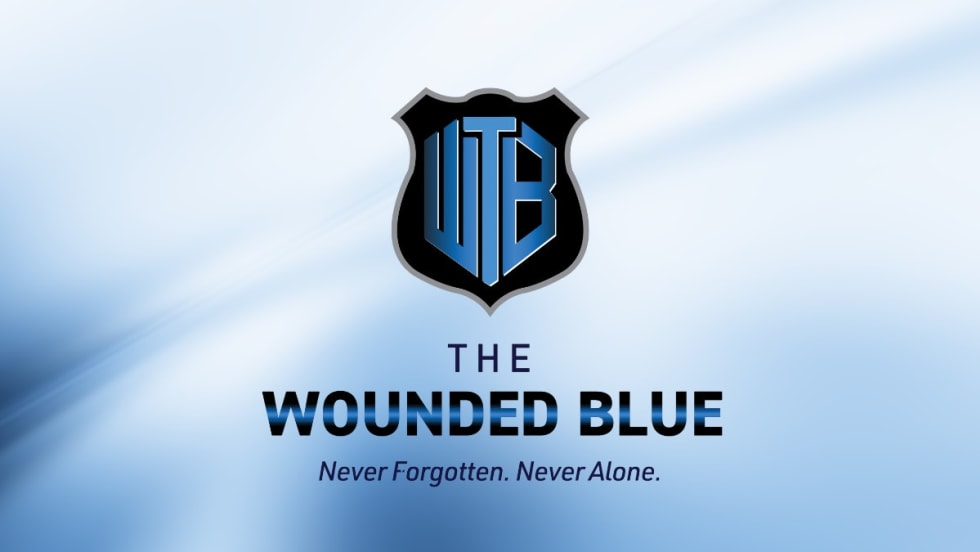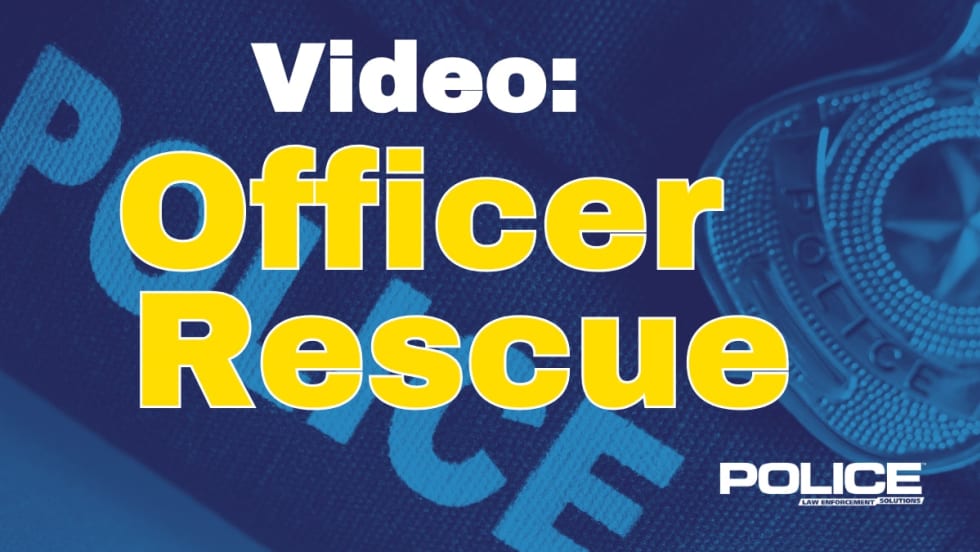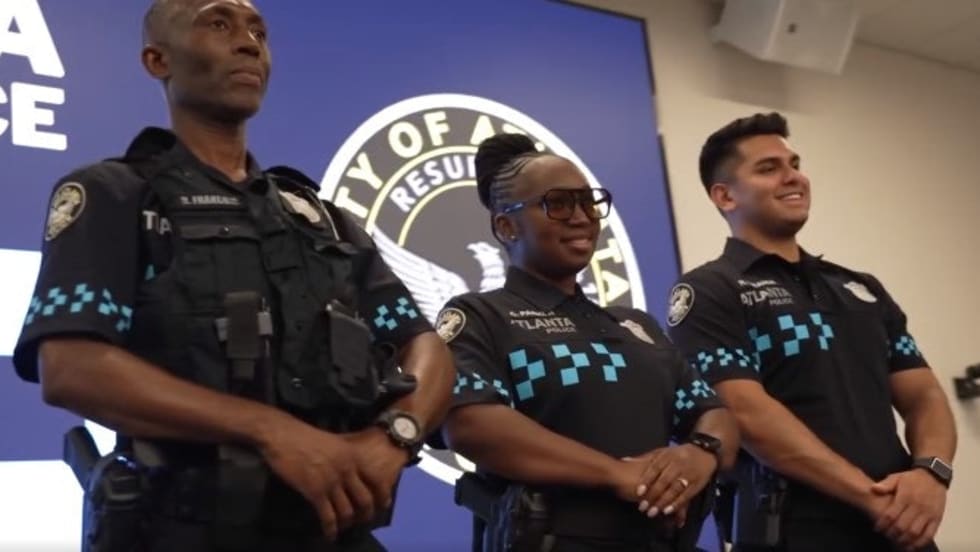The LAPD usually receives a few hundred complaints of biased policing each year, largely from African Americans. None have been upheld, a number that has become more glaring in recent years as residents and police commissioners continue to voice their concerns.
On Tuesday, the city’s civilian police commission took the unorthodox step of devoting its entire weekly meeting to the topic of biased policing, as department brass spoke to commissioners and a packed crowd of residents inside City Hall about a 143-page report, which looks at how the LAPD and other agencies investigate allegations of biased policing.
The meeting, held at City Hall instead of the LAPD’s downtown headquarters in order to accommodate a larger audience, included presentations from community groups and remarks from the public. By 9 a.m., the meeting was standing-room-only, as activists and community organizers filled the wooden rows inside the City Hall chamber, the Los Angeles Times reports.
It’s unusual for the civilian Police Commission to focus on a single issue during one of its weekly meetings. One of the board’s newest commissioners, Cynthia McClain-Hill, called for the meeting earlier this fall to take a deeper look at how the LAPD investigates allegations of biased policing, what incoming officers learn about bias during their time in the academy and how supervisors are trained to guard against it.
McClain-Hill, whose directive was unanimously backed by the rest of the commission, stressed that she did not believe most LAPD officers were inherently biased. The goal, she said, was to have a “robust discussion on the topic.”
At Tuesday’s meeting, department officials detailed both the steps the LAPD has taken to screen for bias when recruiting potential officers and the training they offer new recruits to try and prevent biased actions once they are allowed out in the field. The LAPD compared its data with that of 10 other police department across the United States, noting that other agencies were more restrictive in the allegations of biased policing they accepted and investigated. Unlike some of the agencies, the report said, the LAPD reviews accusations made anonymously or by someone who wasn't the subject of the perceived profiling.
Cmdr. Stuart Maislin, who heads the LAPD’s Internal Affairs section, said investigations of bias complaints can be complicated because investigators need to prove what motivated a police officer’s actions. Still, he said, the department has upheld other allegations — that officers made ethnically disparaging remarks, were discourteous or showed "unbecoming conduct" — that may reflect a larger concern.
The department report prepared for the meeting included the results of a 2,000-person survey conducted earlier this year to gauge public attitudes about crime, safety and policing in Los Angeles. The report acknowledged a “disparity of perceptions” among residents that was highlighted by the survey.
Less than half of the African Americans surveyed said they considered police honest and trustworthy, compared with roughly 74% of white residents, almost 71% of Latinos and about 67% of Asians.
Less than a third of African Americans agreed that LAPD officers used force only when absolutely necessary, according to the survey. Just over half of the total residents surveyed agreed.
Less than half of all residents — 49.7% — agreed that LAPD officers treated people of all races and ethnicities fairly. More than a third disagreed.



